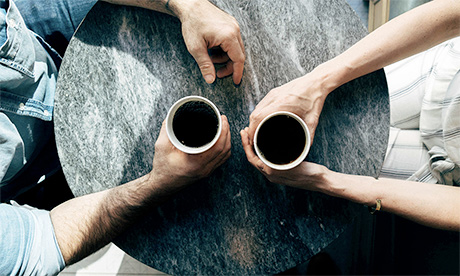What are the key markers of contemporary religious faith and practice in New Zealand?
- Unlike Germany, there is no state support for the churches here.
- Unlike the US, piety is not worn on one’s sleeve.
- Attend a funeral or a wedding in New Zealand these days and what springs to mind is the incredible variety of what is on offer.
- Celebrants, or even MCs, are more common than priests or ministers.
- Grief at funerals is not encouraged.
- Ritual is remarkable for its absence.
- Recently I attended a pub where Jesus Christ was very much present, but of course in rollicking, unselfconscious expletive form!
- These days life in New Zealand feels very secular indeed.
- Pakeha Kiwis are uneasy about the term religion.
One often hears: “I’m not religious”, meaning I’m not, or no longer, a member or adherent of any church.
In comparison with the 1950s, institutional religion has moved to the margins, become a niche interest.
This does not necessarily mean a lack of interest in spirituality. Spirituality, however, is such a vague term.
How far can we stretch it?
Would it include, for example, the Santa parade, which is the nearest we come to a traditional religious procession? Thin gruel, indeed!
The old “main line” religions — Roman Catholic, Anglican, Presbyterian, Methodist and Baptist — all tend to be tarred these days with a neocolonial brush, as having their cultural roots elsewhere.
This may partly explain the willingness to accept Maori rituals on community occasions, even when their content is largely Christian.
Maori now seems to function, as Latin once did, as the acceptable language for the numinous.
One suspects that the widespread loss of the churches’ mana derives not only from recent revelations about sexual abuse, but from lingering, sometimes traumatic memories of religious bigotry and puritanism and narrowness. (Never apologised for, either.)
Interestingly, too, that the once vibrant liberal streams in Anglicanism, Presbyterianism, Methodism and Roman Catholicism have virtually dried up as well.
Yet one cannot speak simply of decline.
The evidence points every which way.
- The social analysis and input of the Salvation Army continues to carry conviction.
- Kiwi hymn-writers such as Colin Gibson and Sheila Murray rank internationally in the premier division.
- The religious poetry of James K. Baxter or the art of Colin McCahon remain powerfully resonant.
- Religious music is an integral part of the offerings of choirs and orchestras and folk concerts.
- At the University of Otago, the theology programme is part of the nuts and bolts of the place, unthinkable a few decades ago.
- Congregations which offer pastoral warmth, liturgical colour, and an openness to the tough issues of the day continue to flourish.
In his Nobel Lecture, Seamus Heaney famously described humanity as “hunters and gatherers of values”.
Kiwis very much resonate to that quest, as seen in the remarkable response to Jacinda Ardern’s evocation of “kindness”.
Traditional Christian virtues seem to re-emerge in new dress.
For many Kiwis, however, the loss of traditional church authority and control has proved immensely liberating, not least in the area of gender issues, and in the rejection of the secondary values of respectability and social conformity.
Yet is it not the case that for many the new household gods of career and consumerism and individualism which have elbowed out Christianity have led to a dramatic narrowing of horizons?
The banality of daily life tends then to be mirrored in the soulless weddings and funerals which one encounters so often.
Swept clean of religion, the culture is inundated with secular kitsch. Continue reading
- Peter Matheson is a Dunedin historian.
News category: Analysis and Comment.




